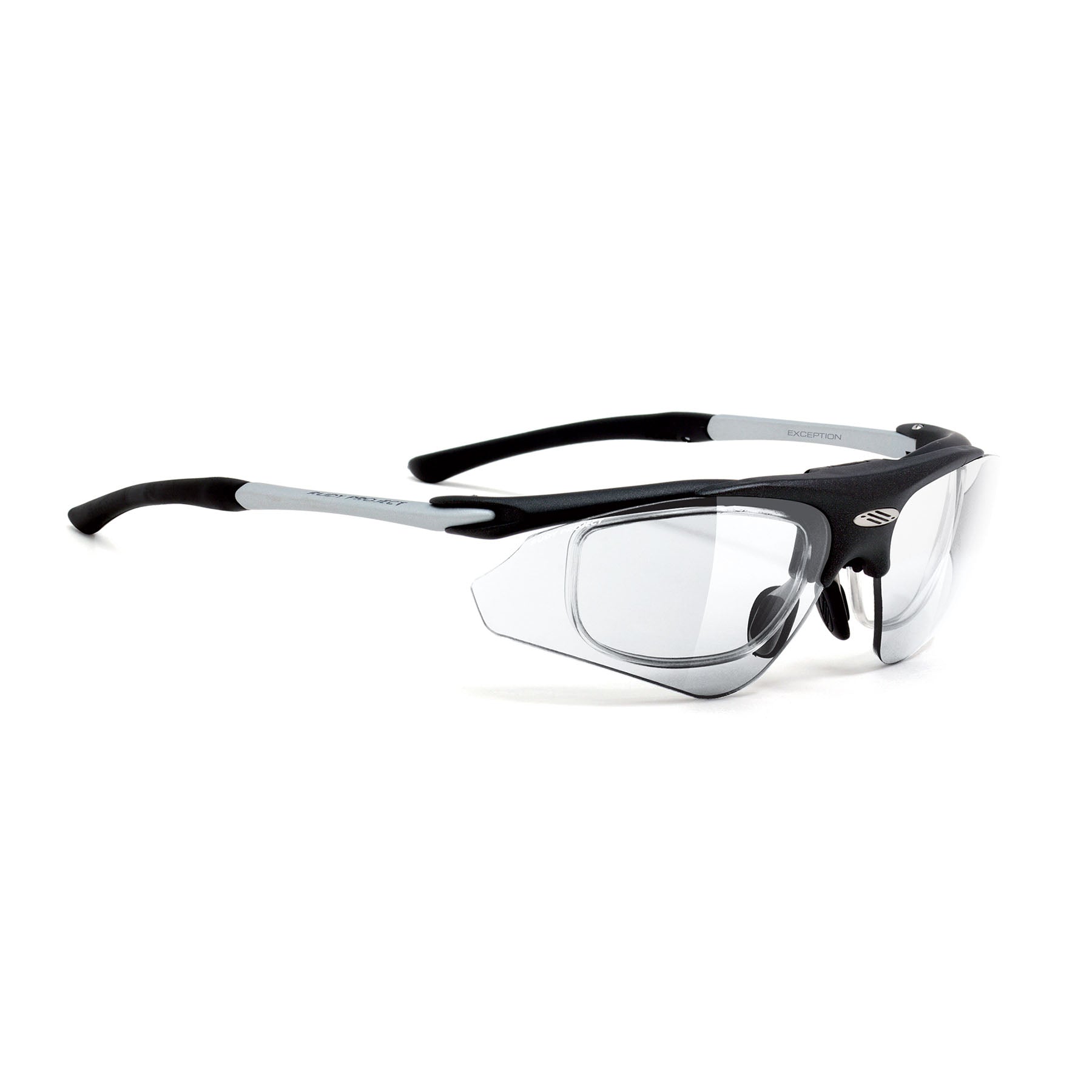Bobsiii
Active Member
My bilateral cataract surgery is sked for Mar 9 and I'm going with distant vision lenses so, for the first time in my life, I have choices in sunglasses other than cheap clip-ons or expensive prescription ones. I know I want polarized, thinking about photochromic as well but I have questions about how well/quickly they react to intensity changes?
A lot of my rides involve going thru underpasses, changing from bright to dark with a bright glare on the other end. These are often home to homeless folks; they mostly stay out of the way but there are some who wander around. In addition there's sometimes debris on the path and ice in winter. I'm forced to slow way down, even with headlight on, for safety - and even then my eyes are slow to adapt behind my current dark gray sunglasses.
Anyone have experience with photochromic lenses? Will they switch fast enough to give me safe vision? Or am I seeking a unicorn, and should just learn to live with it?
A lot of my rides involve going thru underpasses, changing from bright to dark with a bright glare on the other end. These are often home to homeless folks; they mostly stay out of the way but there are some who wander around. In addition there's sometimes debris on the path and ice in winter. I'm forced to slow way down, even with headlight on, for safety - and even then my eyes are slow to adapt behind my current dark gray sunglasses.
Anyone have experience with photochromic lenses? Will they switch fast enough to give me safe vision? Or am I seeking a unicorn, and should just learn to live with it?



